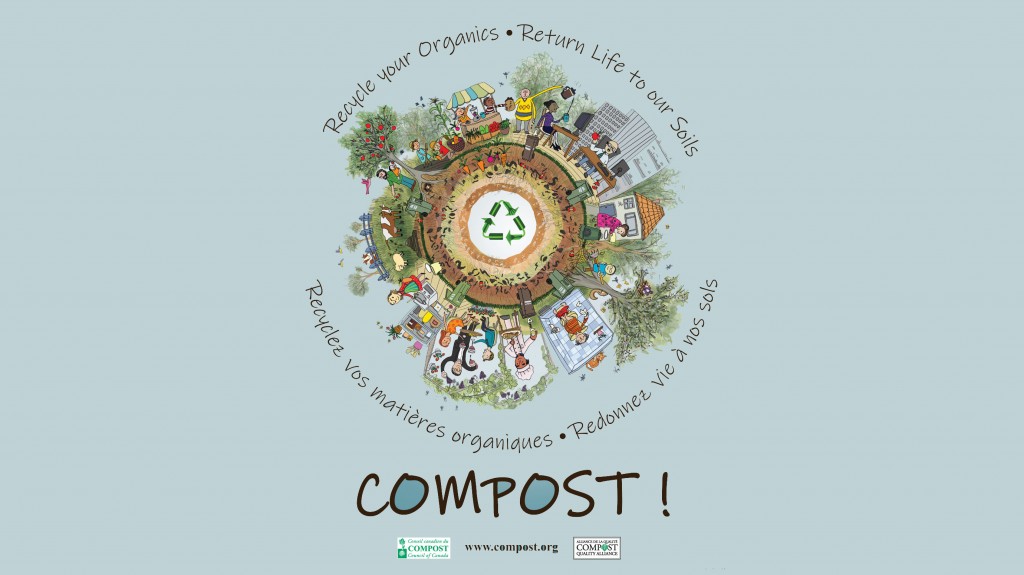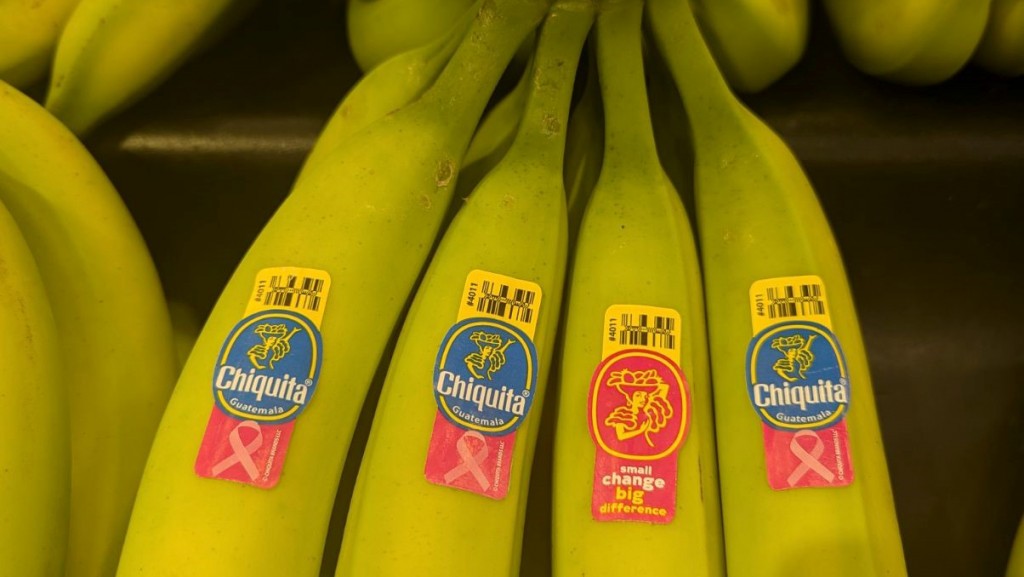National Arts Centre compost program to divert 500,000 containers
Compost Awareness Week 2019: compost from new plant-based containers to be returned to NAC Herb Gardens

The National Arts Centre (NAC) in Ottawa and the Hon. Catherine McKenna, Canadian Minister of the Environment and Climate Change and Member of Parliament for Ottawa Centre, this week, Compost Awareness Week 2019, unveiled an innovative program that will introduce plant-based food and drink containers and transform them into rich compost to be put into herb gardens at the NAC. The move will divert 500,000 containers from the landfill annually.
The containers to be composted beginning this Summer, include wine and beer glasses, coffee cups, plates, utensils, straws, and take-out boxes. The containers are used at the NAC restaurant and banquet operations, intermission bars, as well as in the employee cafeteria. Thanks to a process developed with the help of public and private partners, the NAC will put the compost created back into its rooftop herb garden. The garden - which also features two new beehives - will provide fresh ingredients to the NAC's culinary team, led by Executive Chef Kenton Leier.
The new compost program was developed by the NAC's Food and Beverage Department in collaboration with Environment and Climate Change Canada, The Compost Council of Canada, Tomlinson Organics, and the Bureau de normalisation du Québec (BNQ).
The NAC spent the last year selecting and, with the help of its partners, testing plant-based food containers, which have been certified for compostability according to standards set by the Biodegradable Products Institute (BPI) to reflect both the composting process and the compost produced. In order to be certified compostable, a product must disintegrate by at least 90 percent within 84 days of the composting process. The NAC worked with The Compost Council of Canada and their waste management team, Tomlinson Organics, to test these products. The NAC is also developing containers to facilitate the proper collection of compostable dishes, as well as signage to educate patrons about choosing the right bin for the right recycling purpose. Certified compostable products will go in a bin for organics to be collected and processed at Tomlinson Organics.
INTERNATIONAL COMPOST AWARENESS WEEK
Today's announcement comes during International Compost Awareness Week, which is celebrated the first full week of May to raise the awareness of the public regarding the benefits of using compost to improve or maintain high quality soil, to grow healthy plants, reduce the use of fertilizer and pesticides, improve water quality and protect the environment.
"Canada is moving toward zero plastic waste to get rid of unnecessary single-use plastics from government operations, and is working with provinces and territories on a national strategy to cut plastic pollution," said Minister McKenna. "The National Arts Centre is an example of how we can all be part of the solution - with institutions, governments, businesses, municipalities and Canadians across the country."
"We at the NAC believe it is our responsibility to minimize our environmental impact and give back to the earth whenever we can." said Nelson Borges, NAC General Manager of Food and Beverage. "That's why we wanted to work with our partners to create a workable process to not only collect compostable dishes but, most importantly, to actually complete the process by transforming the material into compost for the benefit of our patrons."
"Diverting food and yard waste from landfills reduces the emission of methane, a greenhouse gas that is twenty-five times more powerful than carbon dioxide," said Susan Antler, Executive Director of The Compost Council of Canada. "Focused attention on recycling organic residuals is key to achieving high diversion rates as well as creating compost which can be returned to our soils for improved health and productivity."
OTHER GREEN INITIATIVES AT THE NAC
Today compost program announcement is one of the ways the NAC is going about reducing the Centre's carbon footprint. Here are highlights of environmentally friendly actions the NAC has taken recently:
· upgraded 75% of lighting at the Centre to state-of-the-art technologies such as LEDs;
· The NAC has also introduced a light bulb recycling program. Last year 1,645 lamps were recycled, resulting in the following materials being diverted from the landfill: 224.6 kg of glass, 27 kg of plastics, 9.72 kg of metals, and smaller amounts of phosphor, porcelain and mercury;
· The NAC uses outside air to cool the facility instead of continuously running the ventilation systems, ensuring maximum seasonal efficiencies;
· replaced exterior doors with more energy-efficient doors, reducing the heating and cooling needs and eliminating the buildup of ice on the doors in the Winter;
· installed variable frequency drives to ensure the ventilation fan motors throughout the building operate at their most efficient setting and meet the changing demand for air circulation. For example, the exhaust fans in the garage only need to be at their high setting when there are many vehicles waiting to exit after a performance. The fans will default to off, or the lowest required setting, in other situations.



